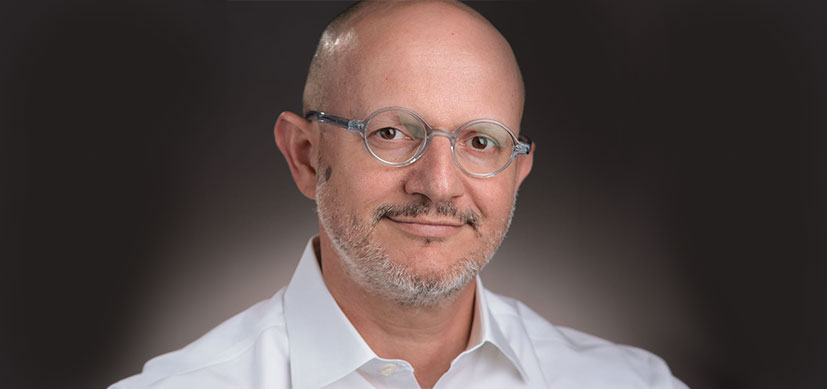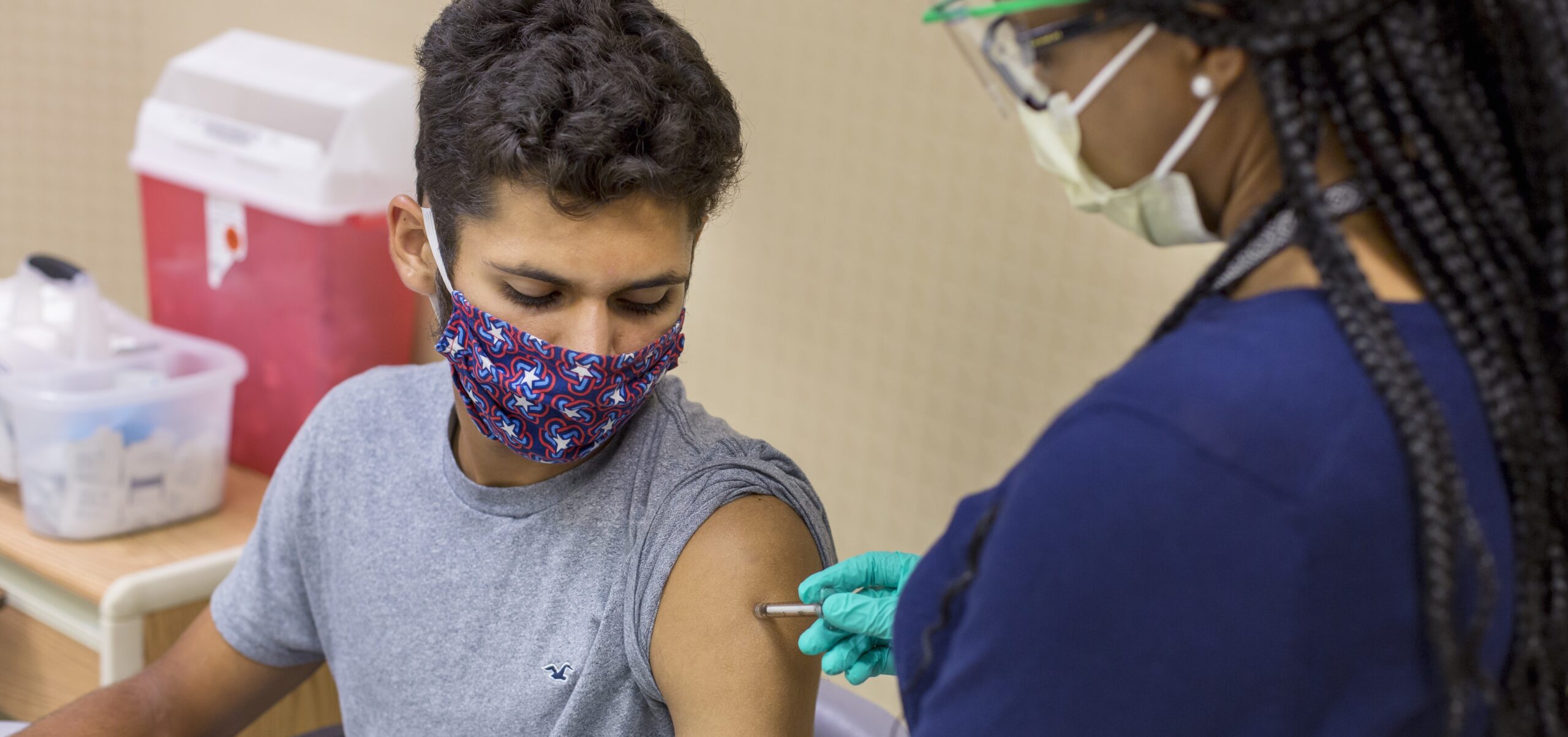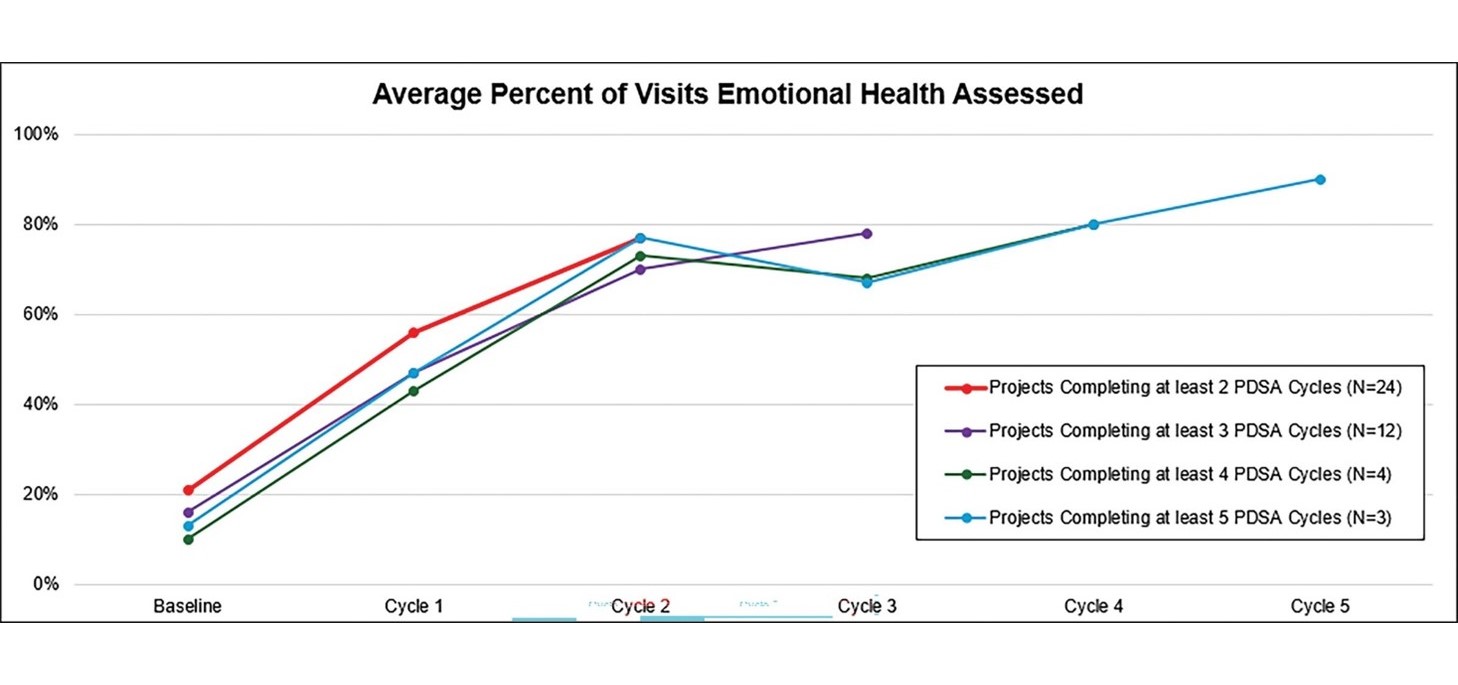POPCoRN: The Pediatric Overflow Planning Contingency Response Network
Post Date: April 23, 2020 | Publish Date:

Med-Peds Fellows Launch National Network to Help Pediatric Hospitals Take On Adult COVID-19 Patients
As the COVID-19 pandemic surged, adult hospitals in New York City and other hard-hit areas soon began turning to less-burdened pediatric hospitals for support.
The Children’s Hospital at Montefiore, Bronx, NY, had admitted more than 60 adult patients as of April 10. Other pediatric centers in Boston, Detroit, Cleveland and other cities also were taking on adult care.
From coast to coast, pediatric facilities were fielding requests: Can you share any PPE? Do you have testing supplies? Do you have available space for patients, and in particular adult patients? Do you have physicians, nurses or other professionals who can pitch in?
Pediatric caregivers wanted their answer to be a resounding “Yes,” but actually providing support immediately revealed the complications involved.
Hospitals that care for children are not precisely equipped for adult care. Much of the furniture and equipment, and many of the medical supplies–from tubing to surgical tools to medications–are child-sized.
Meanwhile, the people who specialize in pediatric care certainly received training in the basics of adult medicine early in their education, but most haven’t worked day-to-day with adults in years.
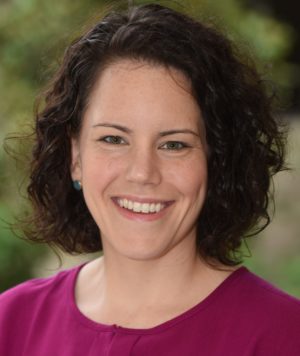
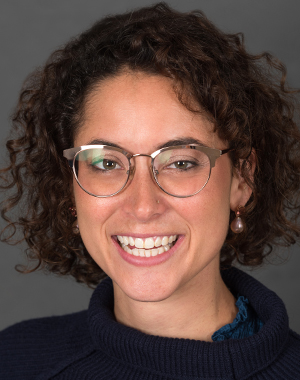
Enter POPCoRN. The Pediatric Overflow Planning Contingency Response Network
This multi-institutional collaboration was started by a pair of Internal Medicine-Pediatrics (Med-Peds) fellows who had devoted much of their clinical and research time to safe pediatric to adult transition and transfer of care between systems as children with chronic health issues grow up.
Ashley Jenkins, MD, is based at Cincinnati Children’s. Leah Ratner, MD, MS, is based at Boston Children’s. What started between then as an informal network of contacts sharing e-mails evolved within weeks into a full-blown network, complete with a related website (popcornetwork.org), Twitter, Facebook and Instagram accounts.
The site went live March 30. As of mid-April, POPCoRN has more than 300 professionals across the U.S. and beyond receiving regular updates and more than 200 actively involved in working groups focusing on key questions and concerns.
The backbone of POPCoRN including administrative support and management of web content is managed by medical student volunteers. More than 20 other pediatric and Med-Peds fellows and hospitalists have stepped up as leaders and organizers.
“As Med-Peds physicians, we think all the time about how pediatric and adult systems do and do not communicate,” Jenkins says. “And at this point in our training as fellows, we were in a unique position. We were immersed in the system, but also had protected academic time outside of providing direct COVID care.”
Given that situations and organizations vary widely, the network’s goal has not been to instruct hospitals on the specific steps they should take.
Says Ratner, “The network is bringing leaders and providers together so they can decide how best to address the needs within their organizations. We’re providing a shared space to have these conversations. We’re sharing what others have learned and saying, “Here are some critical areas to address’.”
POPCoRN organized several working groups, including Community Hospitals, Integrated/Mixed Hospitals, Free-Standing Children’s Hospitals, an Equity Working Group and one to track Metrics & Outcomes.
Teams are compiling and sharing information on health systems operations, as well as educational materials on Adult Basics, High Yield Inpatient Medicine, Admission/Discharge, IM Resources, COVID 19 Resources, and Critical Care for Non-Intensivists.
The information-sharing approach has allowed the network to respond quickly to shifting issues as the nature of the pandemic has evolved, Ratner says. Looking ahead, she says the group is focusing on social inequity concerns and resource allocation as various parts of the country begin re-opening for business.
From the beginning, the communications have been quick, focused on being helpful, and injected with healthy doses of encouragement and humor. The network’s efforts have been noticed and appreciated, including this tweet from Vignesh Doraiswamy, MD, at Nationwide Children’s in Columbus, OH, who goes by the handle @DoctorVig
“..an extra special shoutout to @PfarrMarie for heading one of the most challenging working groups within all of @POPCoRNetwork as she has helped pull-off an exponential growth of (educational) materials and resources in a very short period of time. Think I went over the 5 word limit. Oops.”
For a more detailed exploration of the work involved, read this perspective published online April 13, 2020 in the Journal of Hospital Medicine: Children’s Hospitals Caring for Adults During a Pandemic: Pragmatic Considerations and Approaches
Read More News Coverage About the Network
WVXU: Pediatric Hospitals Look At How They Can Help Fight COVID-19
Hea!thcare Innovation: How Can Pediatric Health Systems Flex to Accommodate a Surge of Hospitalized Adults?
The Hospitalist: POPCoRN network mobilizes pediatric capacity during pandemic


